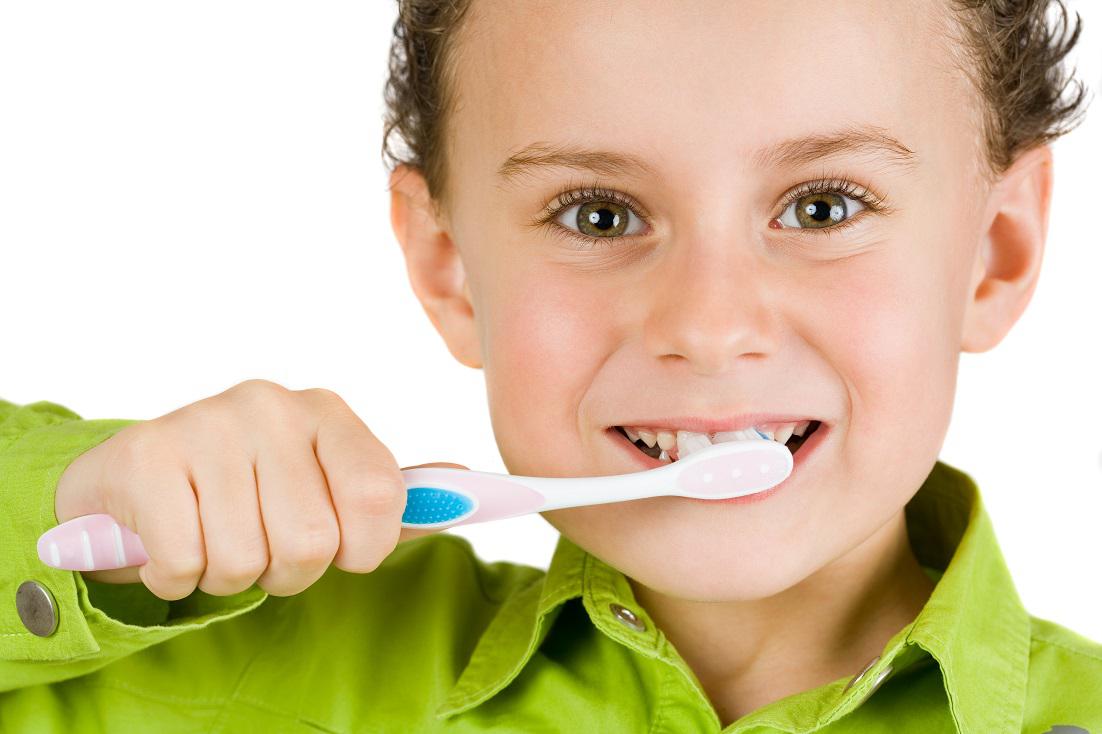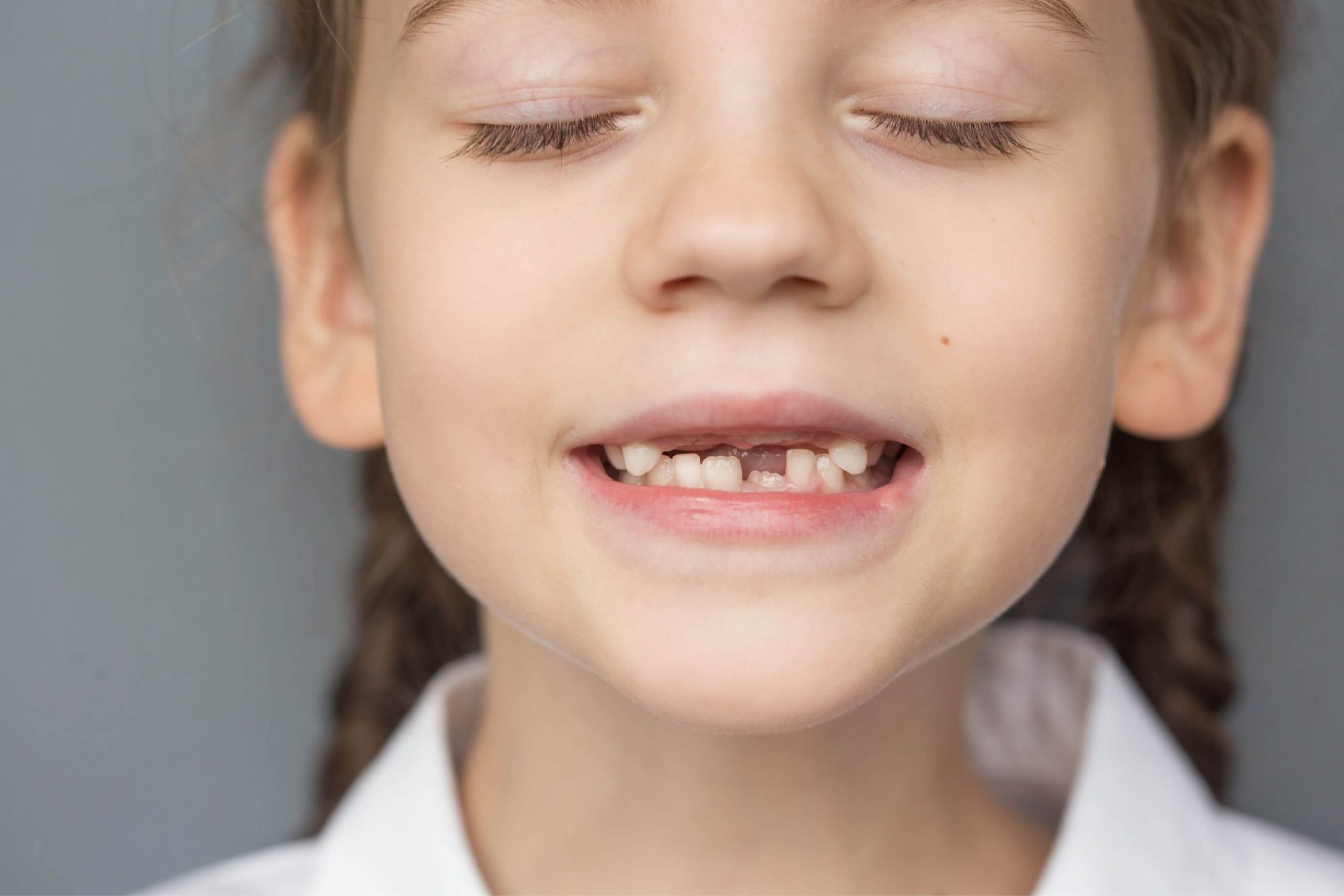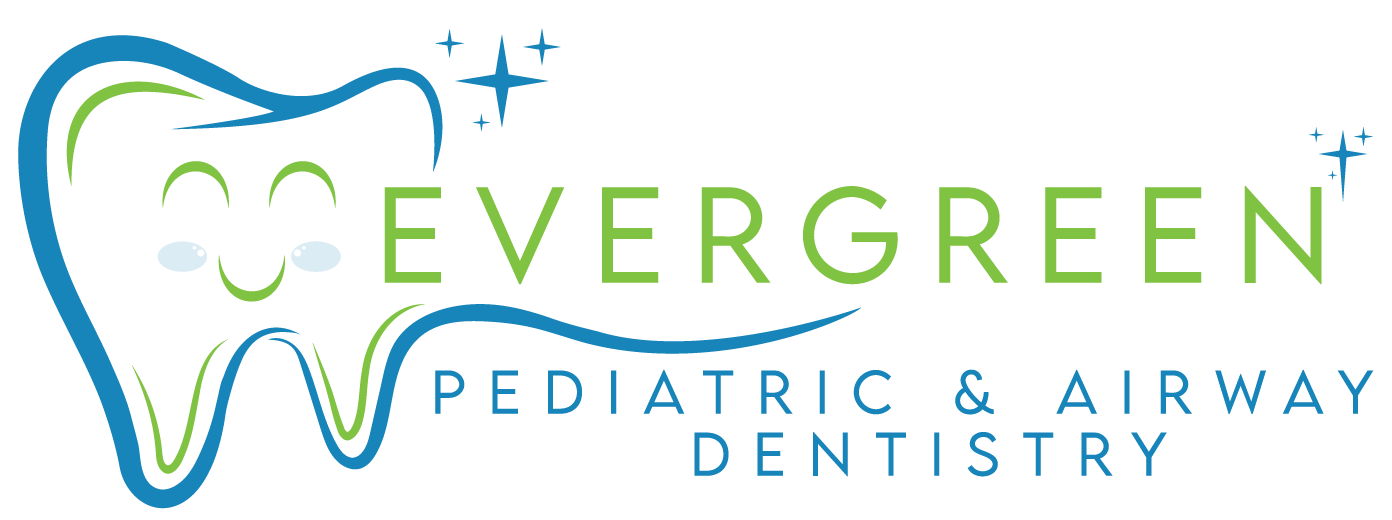From Teething to Teen Years: Pediatric Dentistry for Every Stage
As a parent, there is nothing more important than ensuring your child’s health and well-being. One crucial aspect of this is their oral health, which can have significant impacts on their overall health and confidence. From the first tooth to teenage years, pediatric dentistry plays a vital role in maintaining your child’s healthy smile. But what exactly is pediatric dentistry, and how does it differ from adult dentistry? In this comprehensive guide, we’ll explore every stage of pediatric dentistry, from teething to the teen years, and provide you with the facts and information you need to keep your child’s teeth healthy and strong. With advice from leading dental experts, you’ll discover the latest techniques, technologies, and treatments available to ensure your child’s dental health is in the best possible hands. So if you’re a parent looking to give your child the best start in life, join us on this journey through pediatric dentistry and learn how to keep those little teeth shining bright for years to come.
The Importance of Pediatric Dentistry and Its Role In Children’s Oral Health
Pediatric dentistry has become increasingly important in recent years as more parents recognize the vital role it plays in maintaining their children’s oral health. This specialized field focuses on treating infants, children, and adolescents, ensuring their teeth and gums remain healthy from early childhood through adolescence. Pediatric dentists work with parents to help their children develop good oral hygiene habits that will last a lifetime.
One of the most significant benefits of pediatric dentistry is its focus on prevention. Children who regularly visit the dentist from an early age are less likely to experience tooth decay and other oral health problems. Pediatric dentists provide a range of preventative services, such as fluoride treatments and dental sealants, to protect children’s teeth from cavities and decay. Additionally, pediatric dentists can identify potential oral health issues early, allowing parents to address them before they become more serious.
Finally, pediatric dental service plays a critical role in children’s overall health and wellbeing. Poor oral health can lead to a range of health issues, including infections, pain, and difficulty eating and speaking. By ensuring children’s teeth and gums are healthy, pediatric dentists can help children avoid these issues and promote their overall health and quality of life. Ultimately, pediatric dentistry is an essential part of children’s healthcare, helping them develop healthy habits and maintain optimal oral health throughout their lives.

Children Oral Health and Pediatric Dentistry
Teething: The Beginning of a Lifelong Journey
Teething marks a significant milestone for both parents and babies, brimming with excitement and challenges. Let’s delve into the essentials of this pivotal stage in your little one’s dental journey:
Between the ages of 6 and 12 months, teething typically makes its grand entrance, though its timing can vary among children. Keep an eye out for telltale signs of teething, such as excessive drooling, irritability, gnawing on objects, and swollen gums.
To ease your baby’s teething woes, consider offering a soothing teething ring or delicately massaging their gums with a clean finger. Early dental care is crucial; once those tiny teeth start emerging, gently wipe your baby’s teeth and gums with a damp cloth after meals. Don’t forget to schedule their first dental check-up within six months of that initial tooth sprouting.
A vital tip during this period: steer clear of sending your baby off to dreamland with a bottle, as this practice can pave the way for tooth decay, commonly referred to as “bottle rot.”
By championing excellent dental hygiene right from the get-go, you’re setting the stage for a lifetime adorned with radiant and healthy smiles. Your commitment now will echo through the years, ensuring your child’s oral well-being remains a top priority.
The Primary (Baby) Teeth: Caring For Your Child’s First Set of Teeth
As your child’s primary teeth (often called “baby teeth”) continue to emerge, it’s crucial to keep them clean and healthy. These first sets of teeth not only help your child chew and speak but also act as placeholders for their permanent teeth. Here’s what you need to know about caring for your child’s primary teeth:
- Brushing: As soon as the first tooth appears, it’s time to start teeth brushing. Use a soft-bristled brush and water to gently clean your child’s teeth twice a day. You can introduce a small amount of fluoride toothpaste once they reach around 2 years old.
- Flossing: Flossing may seem like an unnecessary step for baby teeth, but it’s essential to remove food particles and plaque from between the teeth. As soon as your child has two teeth that touch, you can start flossing once a day.
- Diet: An important aspect of primary teeth care is monitoring your child’s diet. Limit sugary drinks and snacks, and encourage healthy options like fruits, vegetables, and cheese.
- Regular Check-ups: It’s recommended to schedule dental check-ups every six months for children with healthy teeth. Your child’s dentist can monitor their tooth development and identify any potential issues early on.
- Dental Sealants: For added protection against cavities, your child’s dentist may recommend dental sealants. These thin coatings are applied to the chewing surfaces of molars and can prevent food and bacteria from getting stuck in the crevices.
By following these tips and working closely with your child’s dentist, you can ensure their primary teeth remain healthy until they are naturally replaced by their permanent teeth. This will set the foundation for a lifetime of good oral health and beautiful smiles. So don’t wait, start taking care of your child’s primary teeth today!

Dental Brushing
Early Childhood: Building Blocks for Healthy Smiles
As your child grows and enters early childhood, it’s crucial to continue prioritizing their dental health. This is a vital time for children’s teeth development, and by establishing good oral hygiene habits, you can set them up for a lifetime of healthy smiles. Pediatric dentists can provide valuable guidance during this stage, offering services such as:
- Dental cleanings: Regular dental cleanings help remove plaque and tartar buildup that can lead to tooth decay.
- Orthodontic screenings: Starting around age 7, pediatric dentists can monitor your child’s jaw and teeth development to detect any potential orthodontic issues early on.
- Fluoride treatments: These in-office treatments can strengthen tooth enamel and prevent cavities.
- Mouth guards: For active kids who play sports, pediatric dentists can create custom mouth guards to protect their teeth from injury.
- Education: Pediatric dentists can educate children on proper brushing and flossing techniques, as well as the importance of a healthy diet for their teeth.
With the help of a pediatric dentist, you can ensure your child’s early childhood years are filled with healthy dental habits. By doing so, you’re not only promoting their oral health but also setting the stage for a lifetime of beautiful and confident smiles. So don’t hesitate, make your child’s dental health a top priority today!
Mid-Childhood: Mixed Dentition and Mixed Challenges
As children enter mid-childhood (around 6-12 years old), they will experience a mix of baby and permanent teeth, also known as mixed dentition. This stage presents unique challenges for parents and children alike, but with proper care and guidance from child’s dentists, these challenges can be managed effectively. Here’s what you need to know:
- Monitoring: During this period, it’s essential to monitor your child’s dental development. If you notice any crowded or misaligned teeth, consider consulting a pediatric dentist for an orthodontic evaluation.
- Oral hygiene: As the permanent teeth come in, brushing and flossing become even more critical. Encourage your child to brush twice a day with fluoride toothpaste and floss once a day.
- Sealants: For children who are prone to cavities, pediatric dentists may recommend sealants on their permanent molars for added protection.
- Educate: As your child becomes more independent in their dental hygiene routine, it’s crucial to continue educating them about the importance of oral health and instilling good habits.
- Limit sugary drinks and snacks: In mid-childhood, children may have more control over their food choices. Encourage healthy options and limit sugary drinks and snacks to prevent tooth decay.
By staying proactive in your child’s dental care during this stage, you can help them navigate the mixed dentition period with ease. A pediatric dentist can also provide valuable guidance and treatment to ensure your child’s teeth are healthy and their smile is confident. Remember, the habits established during this time will significantly impact their dental health in the future. So keep up the good work!

Dental Development in Children
Adolescence: Challenges and Change
As children enter their teenage years, they will experience significant changes in their bodies, including their teeth. This is a critical stage where dental hygiene can be put on the backburner due to busy schedules and other distractions. However, it’s crucial to continue prioritizing oral health during this time. Here are some tips for maintaining healthy teeth and gums during adolescence:
- Brushing and flossing: Encourage your teen to continue brushing twice a day and flossing once a day. With busy schedules, it may be tempting to skip these steps, but consistency is key for maintaining good oral health.
- Regular cleanings: Ensure your teen continues with regular dental cleanings every six months to remove plaque and tartar buildup.
- Braces or Invisalign: Many teens may need orthodontic treatment during this stage. Work with a pediatric dentist or orthodontist to find the best option for your teen, whether it be traditional braces or Invisalign.
- Monitor wisdom teeth: Some teenagers may start to experience discomfort from their wisdom teeth coming in. It’s essential to monitor and consult with a dentist if necessary.
- Avoid tobacco and drugs: Adolescence is a vulnerable time for experimenting with harmful substances, such as tobacco or drugs. Educate your teen on the negative effects these can have on their oral health.
By continuing to prioritize dental care during adolescence, you can help your child maintain a healthy and confident smile well into adulthood. Remember to stay supportive and provide guidance, even if they may seem resistant at times. Your efforts will pay off in the long run!
Transition to Adulthood: Setting the Foundation for a Lifetime of Healthy Smiles
Transitioning from childhood to adulthood signifies a pivotal phase where the spotlight must shine on good oral health. This period introduces fresh challenges and responsibilities. With proper nurturing and guidance, your child can bask in a radiant smile for years to come. Below, discover insightful tips to foster dental well-being in young adults.
- Regular Dental Check-ups: Encourage consistent attendance at dental check-ups and cleanings to thwart potential issues. By undergoing these routine examinations, you can prevent the onset of dental diseases. Your dentist will thoroughly examine your oral cavity for signs of tooth decay, cavities and gum disease.
- Brushing Twice Daily: Make it a daily habit to brush twice; once in the morning and at night before bed. Remind young adults that brushing their teeth less than two times a day can lead to plaque buildup and cavities. Ensure that they use fluoride toothpaste for optimal teeth cleansing.
- Flossing: Help young adults understand the importance of flossing in removing plaque from areas that a toothbrush cannot reach. By flossing daily, they can maintain good oral health, prevent bad breath and reduce their risk of gum disease.
- Balanced Diet: Encourage young adults to maintain a balanced diet rich in calcium, phosphorus and vitamins A and C to promote healthy teeth and gums. Avoid excessive consumption of sugary foods and beverages that can contribute to tooth decay.
- Avoid Tobacco Use: Educate young adults on the harmful effects of tobacco use, including staining of teeth, bad breath, and increased risk of oral cancer. Encourage them to avoid tobacco products for the sake of their oral health.
- Protect Teeth During Sports: If young adults are involved in sports, advise them to wear a mouthguard to protect their teeth from injury. This is especially important for contact sports like football, hockey, and basketball.
- Limit Alcohol Consumption: Remind young adults that excessive alcohol consumption can lead to dry mouth, which increases the risk of tooth decay and gum disease. Encourage moderation and staying hydrated with water.
With your steadfast support and guidance, your child can lay a robust foundation for a lifetime of bright smiles. Encourage them to champion their oral health and prioritize it in their daily routines. Lead by example – showcase your dedication to dental health, reaffirming the importance of these practices. Let’s embark together on this journey towards enduring dental wellness, nurturing smiles that radiate health and happiness.
In summary, the formative years of a child’s dental health are crucial for setting the foundation for good oral hygiene. As parents, guardians, and caregivers, it is our responsibility to instill healthy habits in children from an early age and continue promoting them throughout adolescence and into adulthood. By following these tips and working closely with a pediatric dentist, you can help your child maintain a confident and healthy smile for years to come. And remember, never underestimate the power of leading by example – show your child that prioritizing oral health is important to you too. Let’s work together towards creating a future generation with bright, healthy smiles! So keep up the good work and continue empowering your child to take charge of their dental health. With consistent effort and support, their smiles will shine brightly for years to come.
Evergreen Pediatric Dentistry
https://www.google.com/maps?cid=14720788683151219551
12910 Totem Lake Blvd NE #103, Kirkland, WA 98034, United States
(425) 814-3196
https://evergreenkidsdentist.com/


